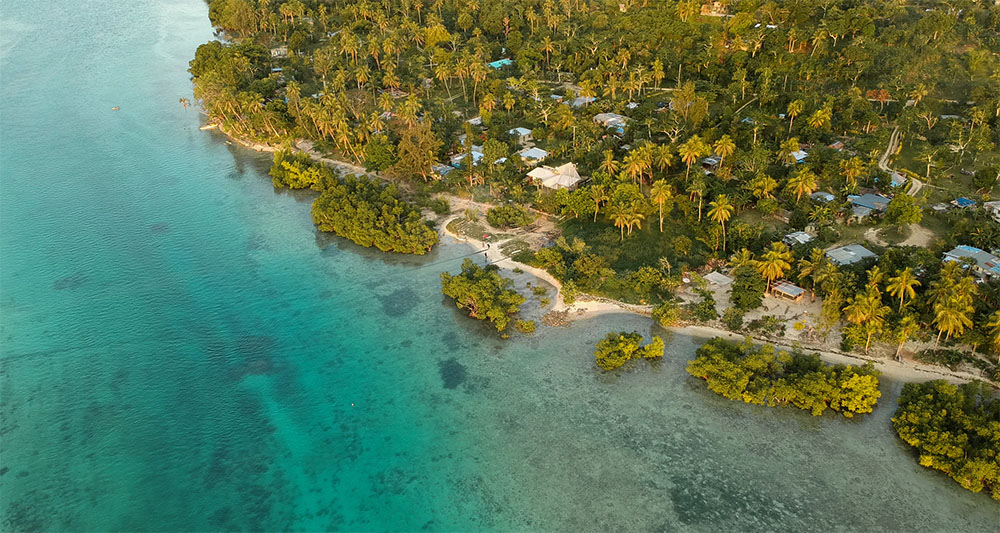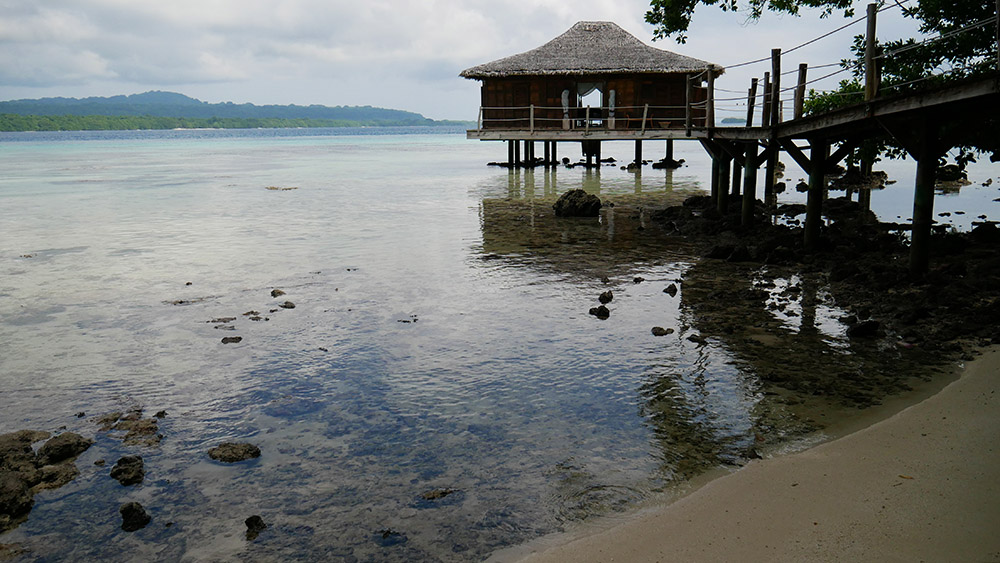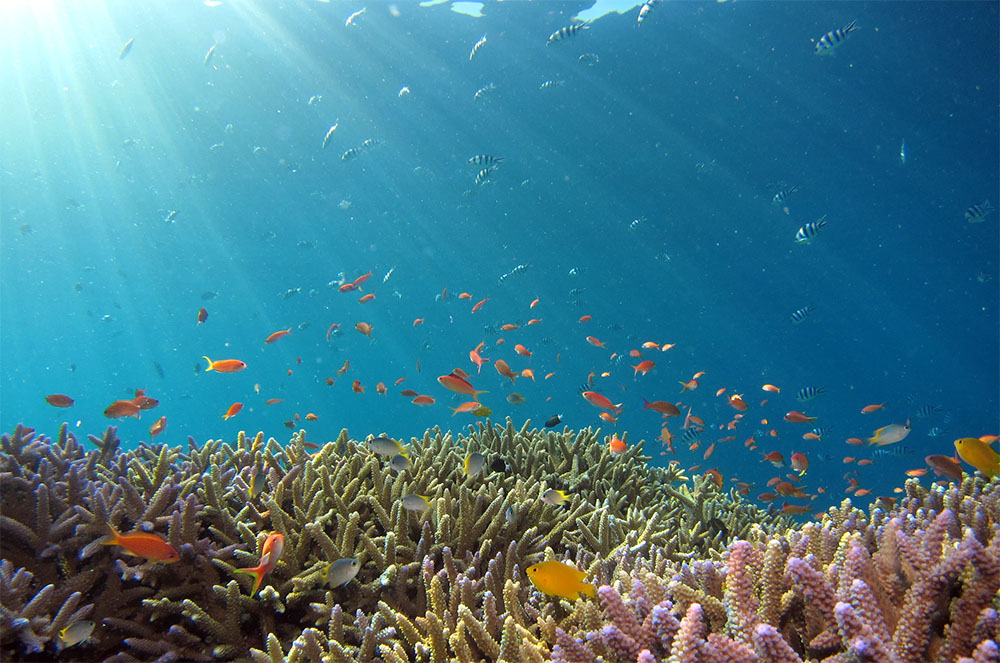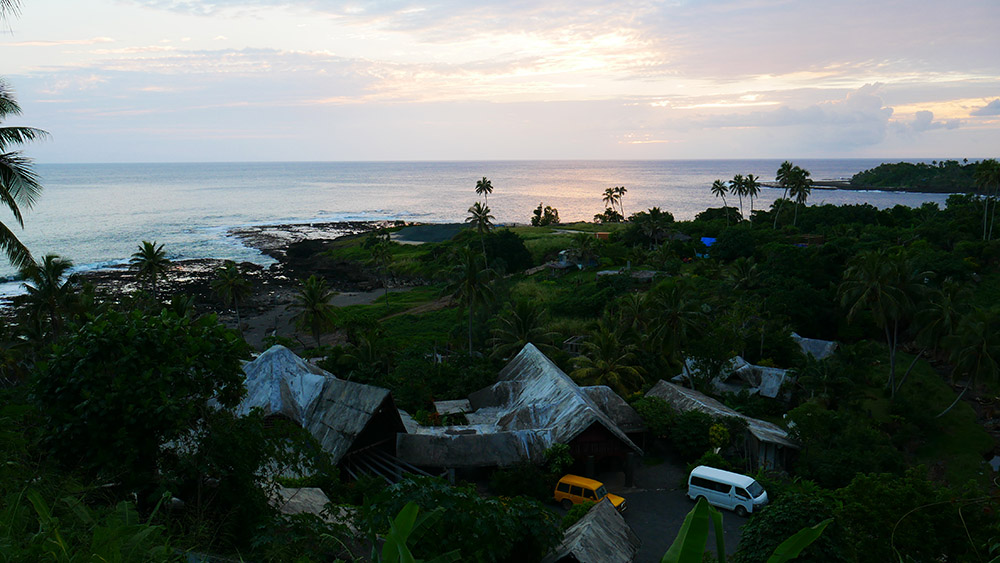How ecosystem-based adaptations to climate change influence community wellbeing

Climate change poses significant threats to the wellbeing and livelihoods of people and the ecosystems in many small island states. Adaptation solutions must counteract these threats while also supporting development in vulnerable communities. Suitable adaptation options need to ensure that connections between the social, economic and environmental dimensions of socio-economic systems are defined in a way that can support how decisions are made (and by whom) and how these can impact other parts of these systems.





